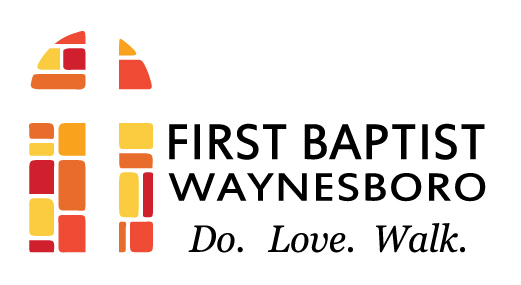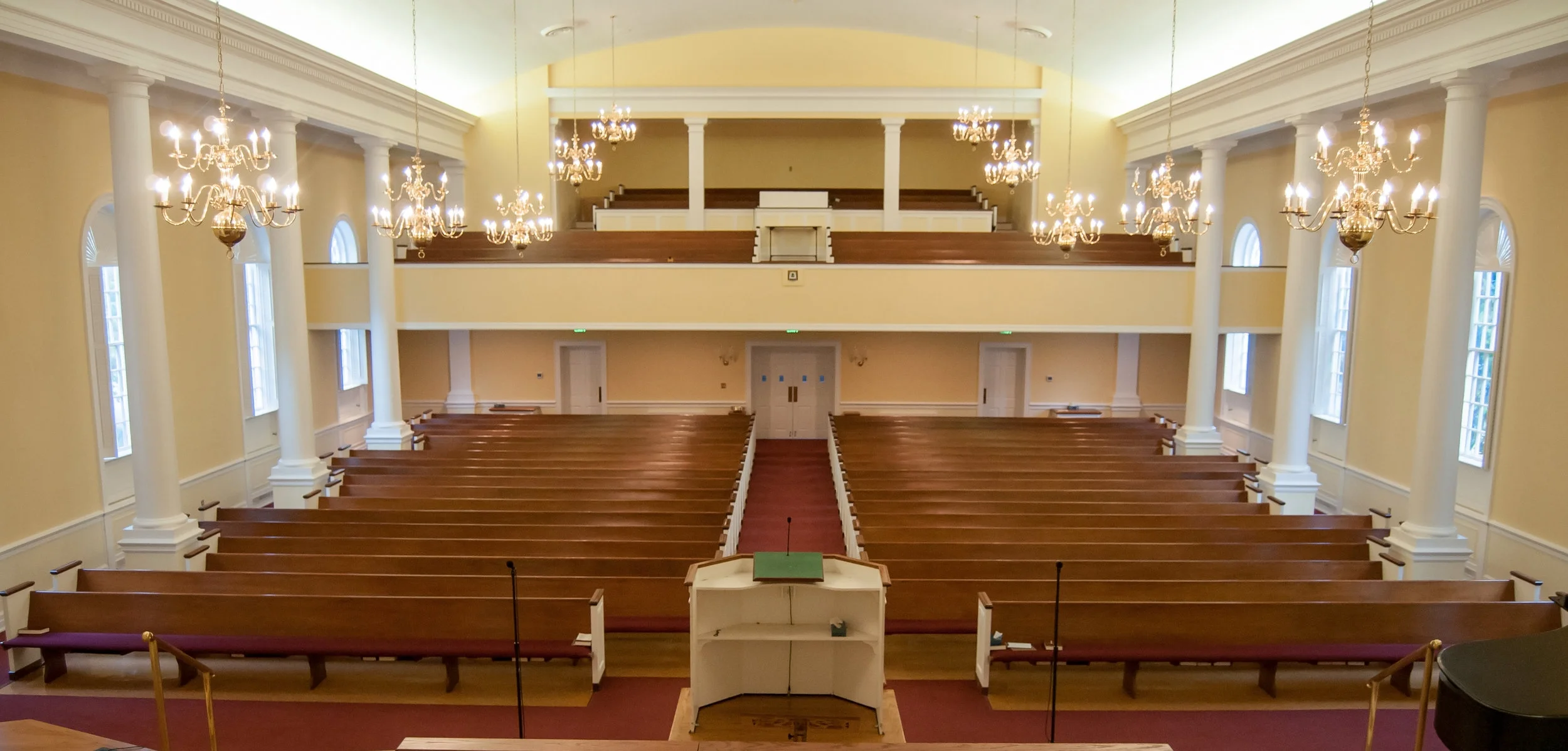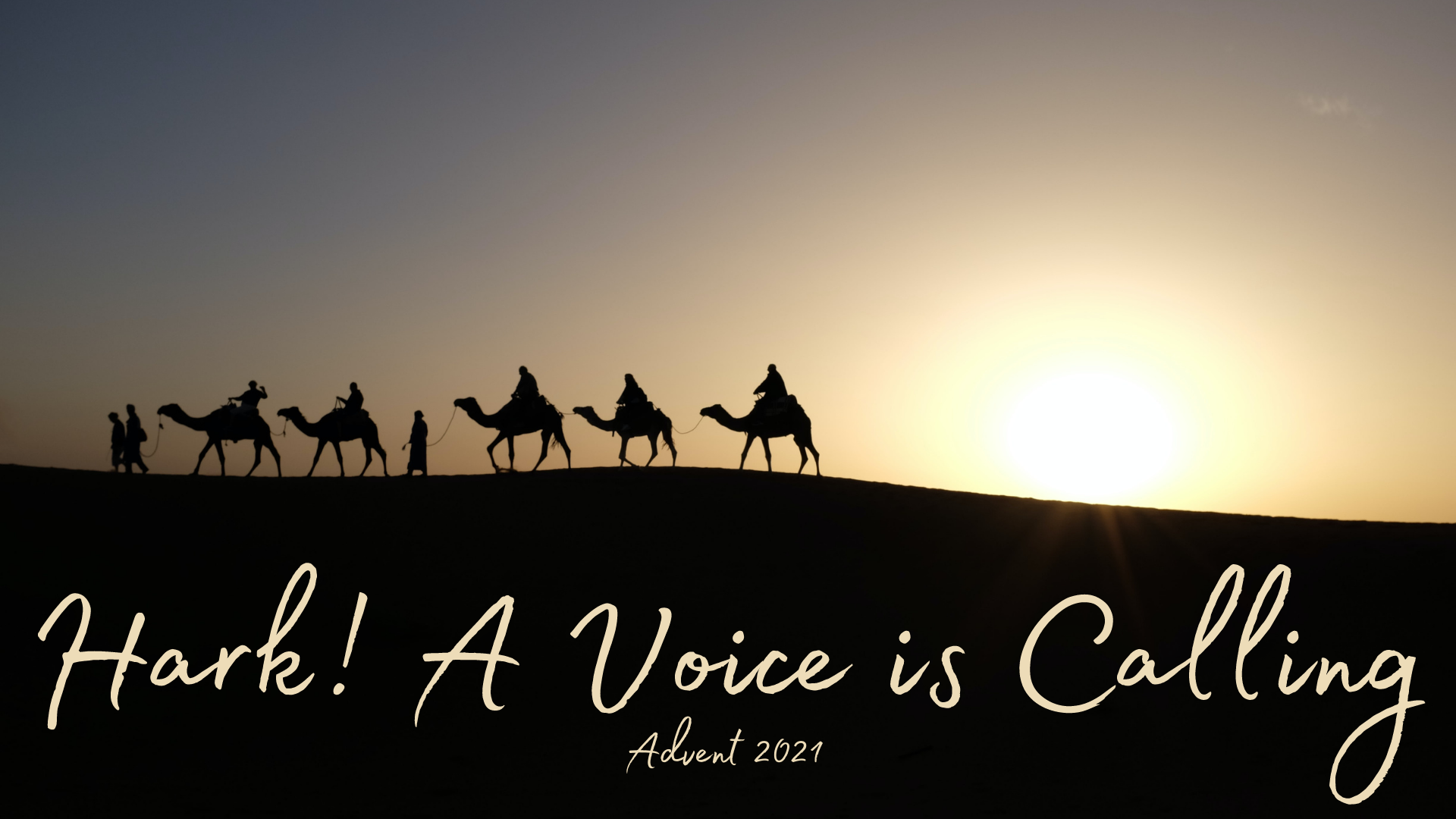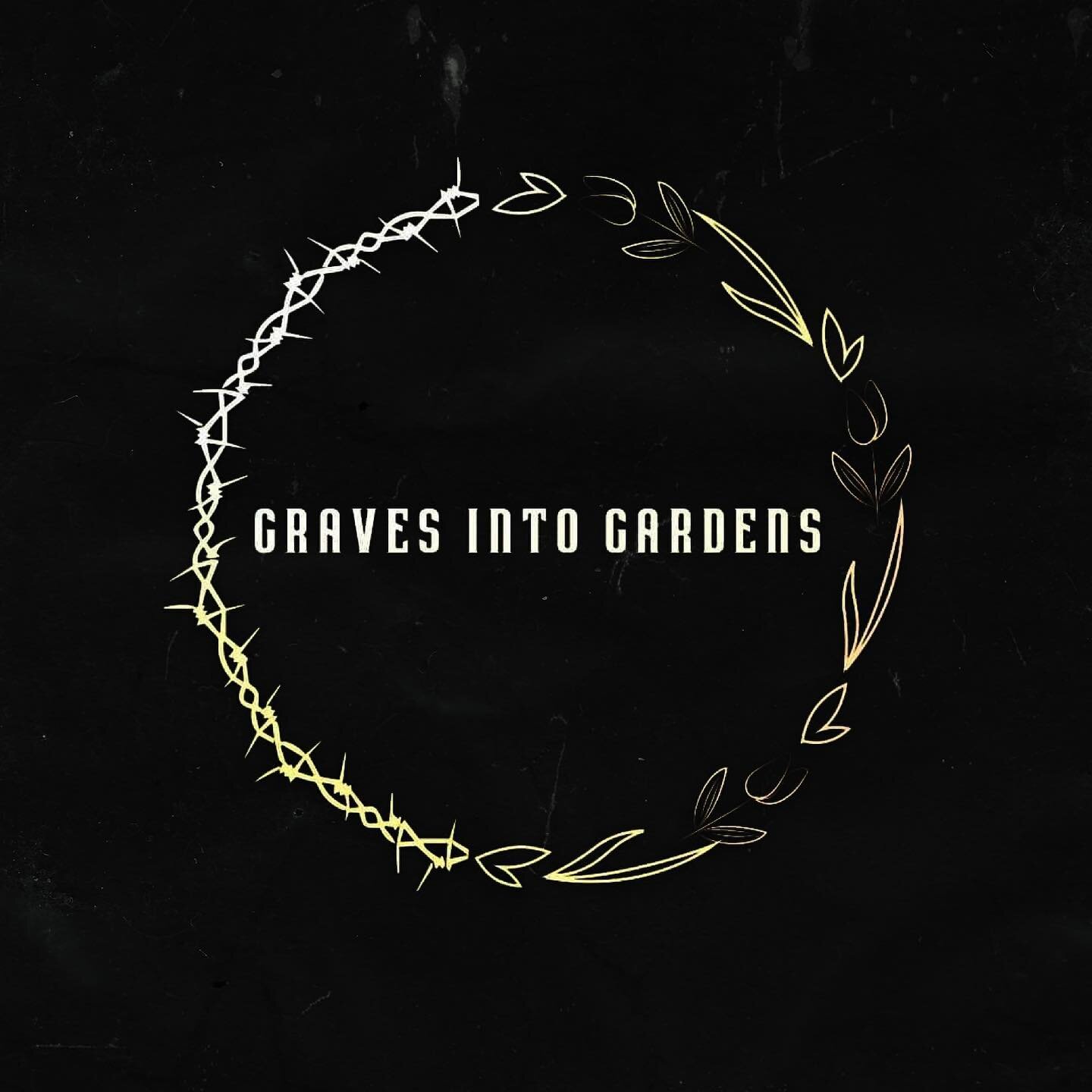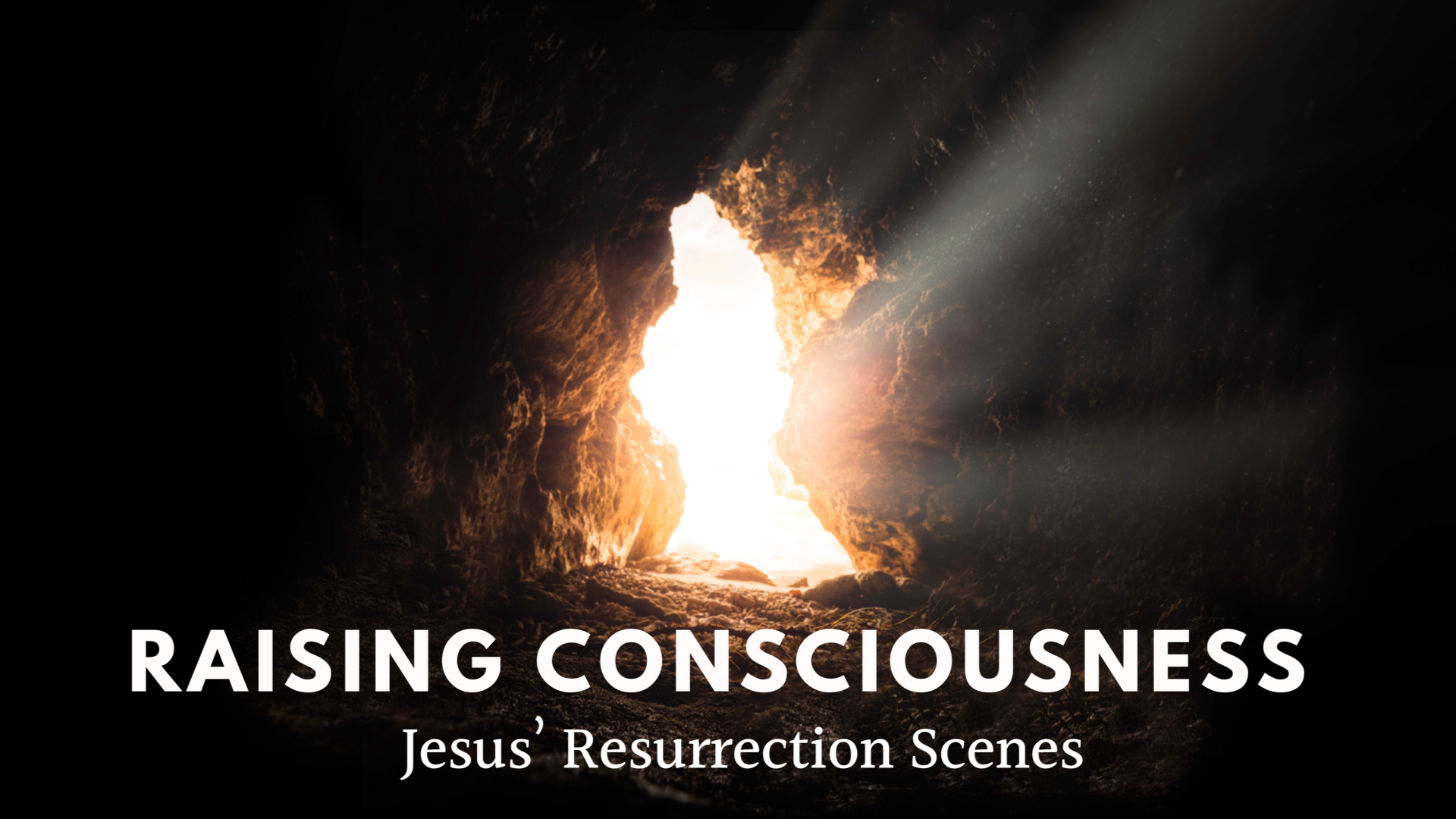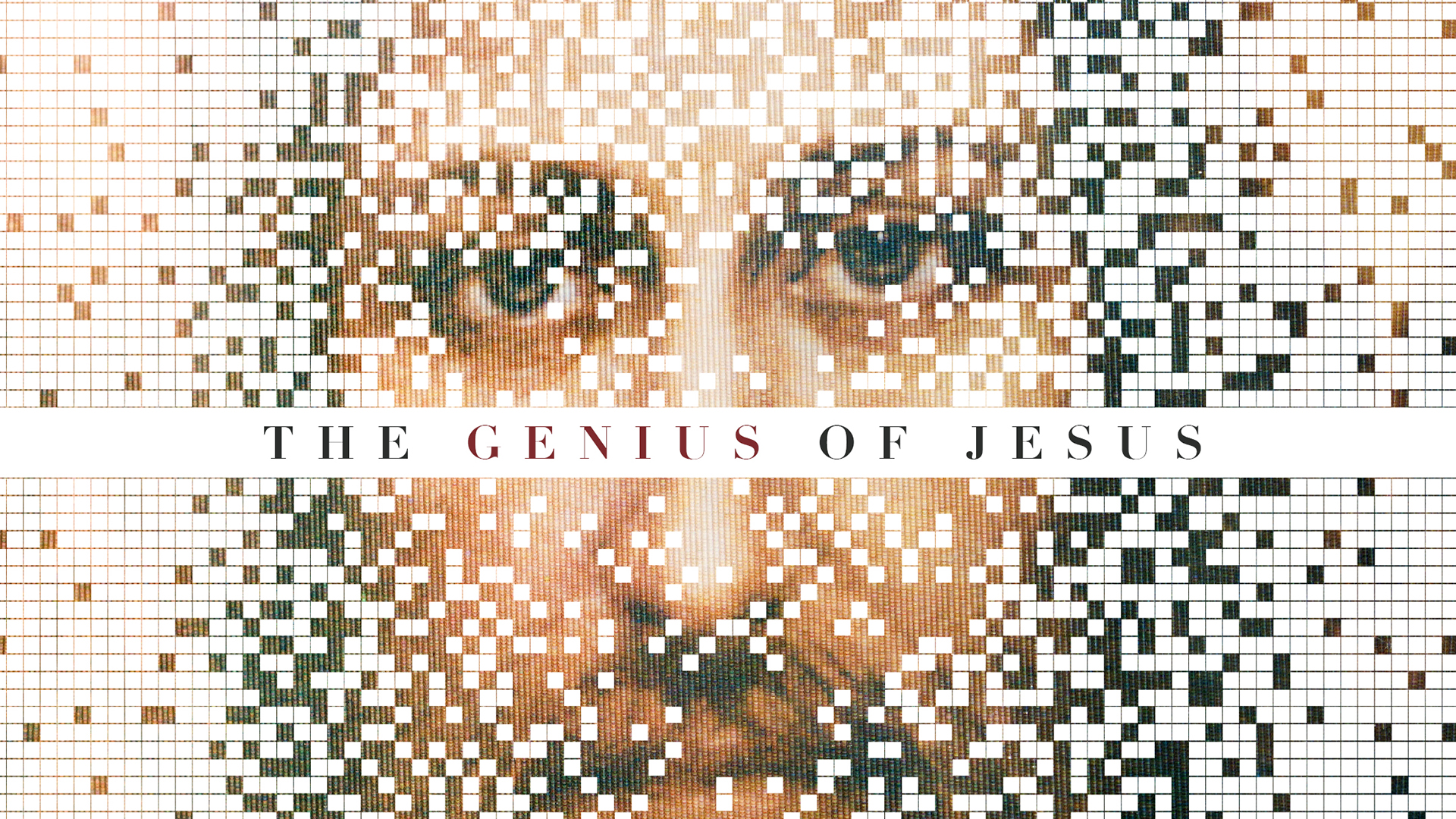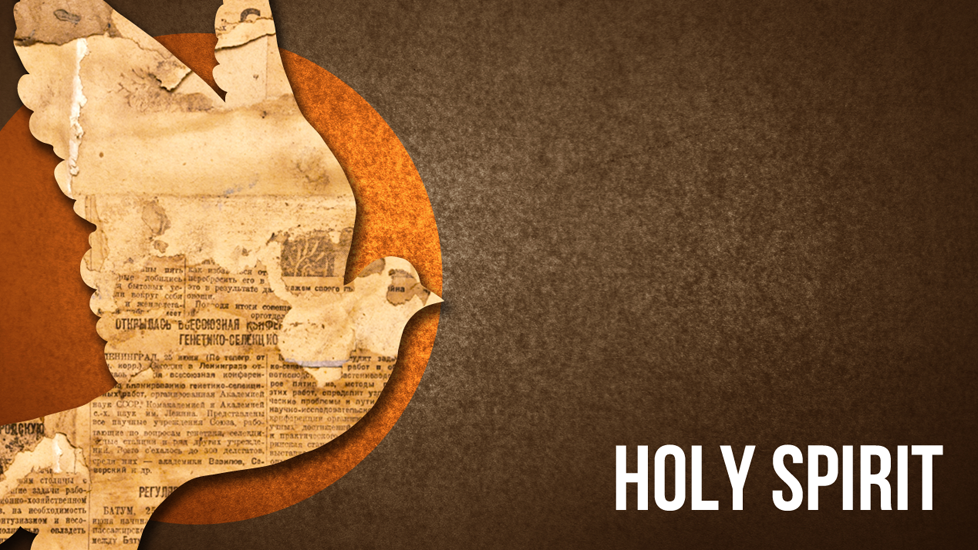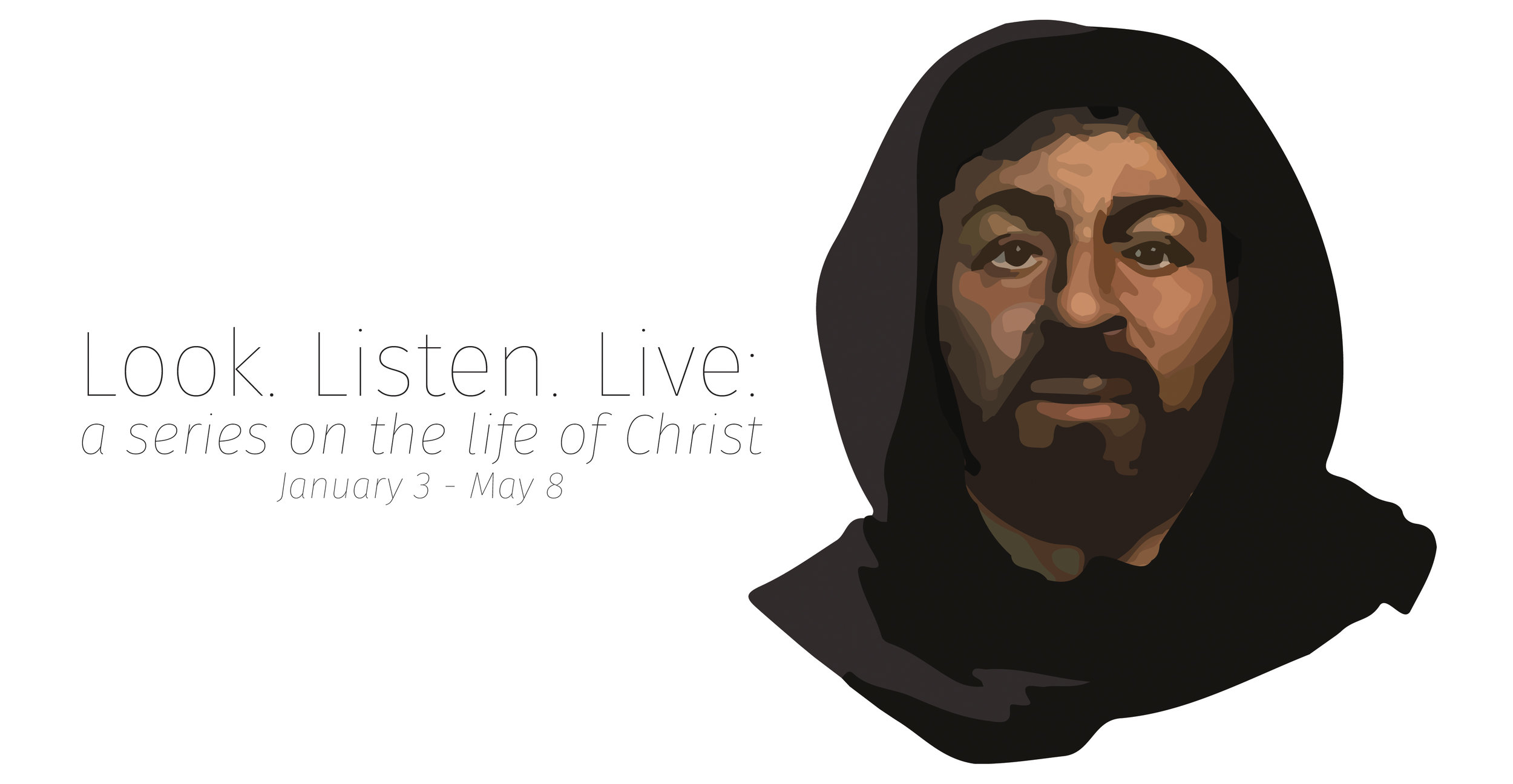"Nahum: Recognizing Deep Suffering" A Sermon by Barrett Owen
/Nowhere in the Bible is it more obvious that some people strongly believed in the “an eye for an eye.” This entire book is a fantasy on revenge. The Israelites hate the Assyrians and dream of their demise. It is in this lens we must understand that Nahum is only part of the voice that we need to hear from. The payoff of a well-worked-through deep suffering is the recognition of deep love. Understanding Nahum’s place in our scripture is important. It is not the gospel by itself. But it also helps flesh out the complexities we all face in life.
Read More